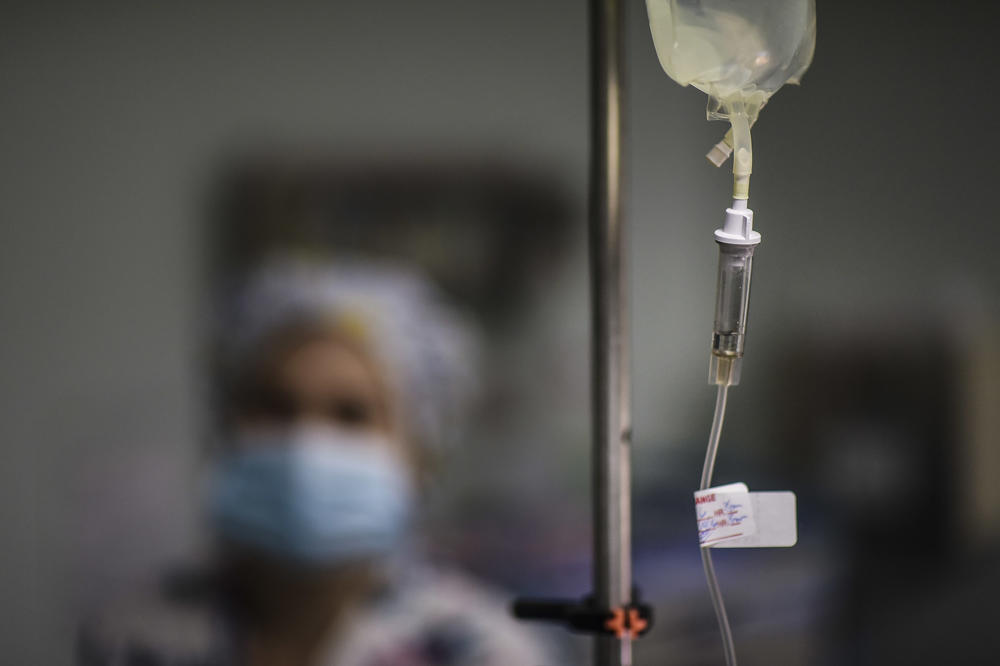
Caption
Data from the National Perinatal COVID-19 Registry suggests approximately 2% of infants born to women who test positive for COVID-19 near the time of delivery have tested positive in the first 24 to 96 hours after birth.
Credit: Photo by MART PRODUCTION from Pexels


